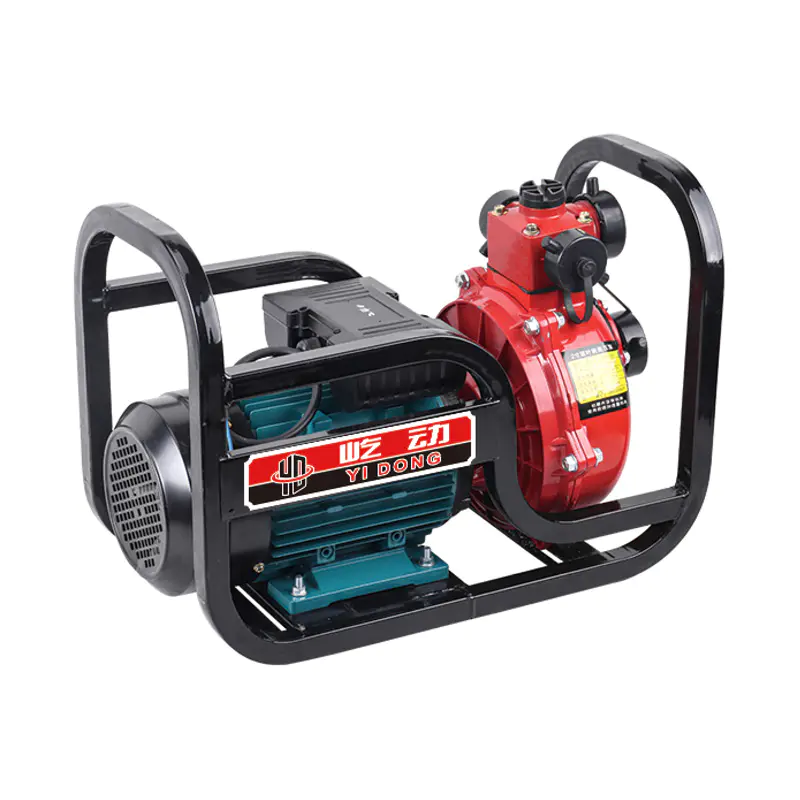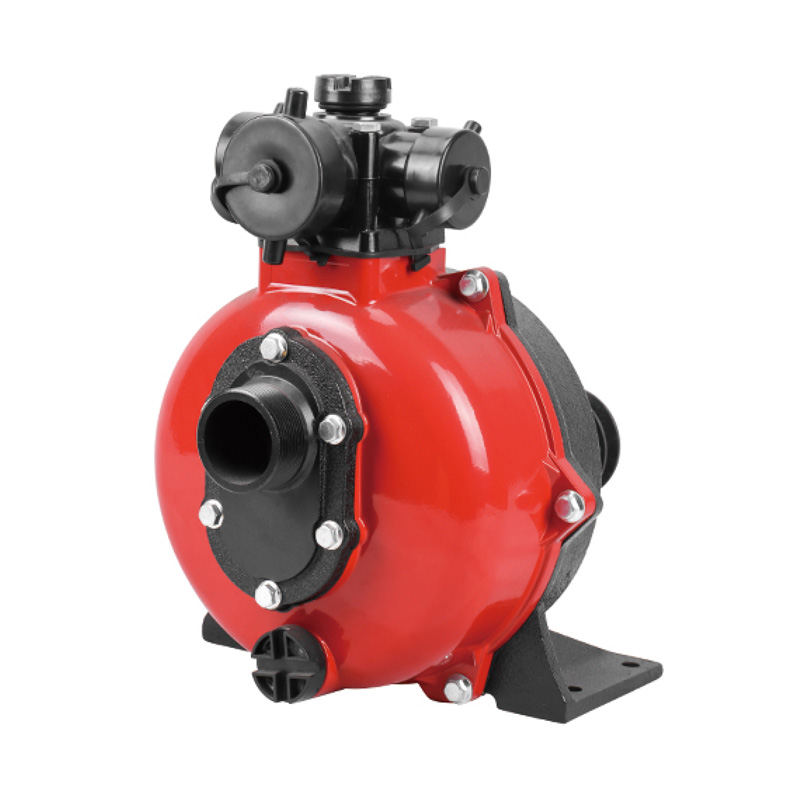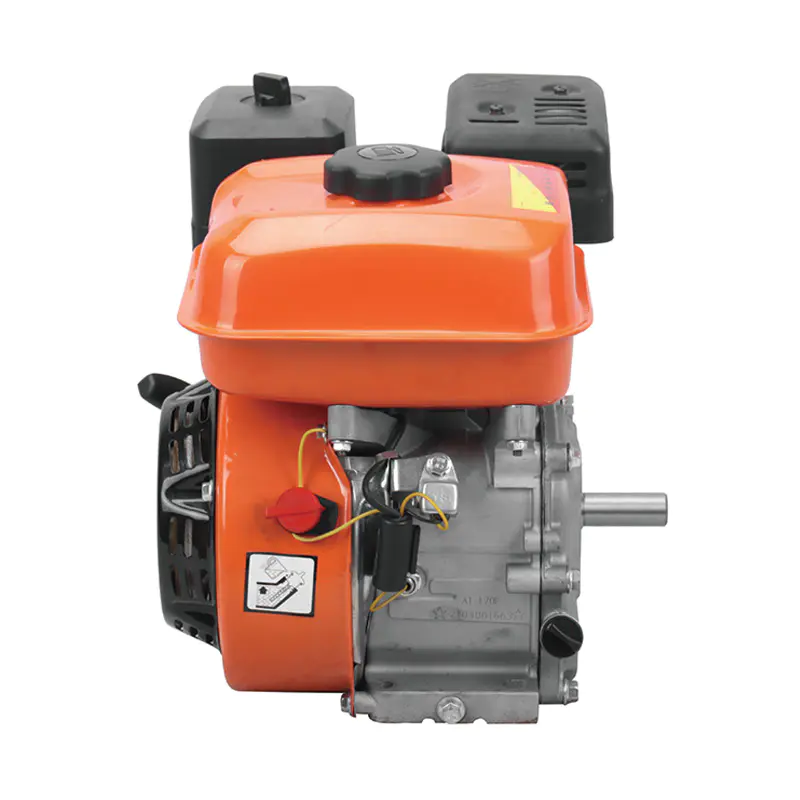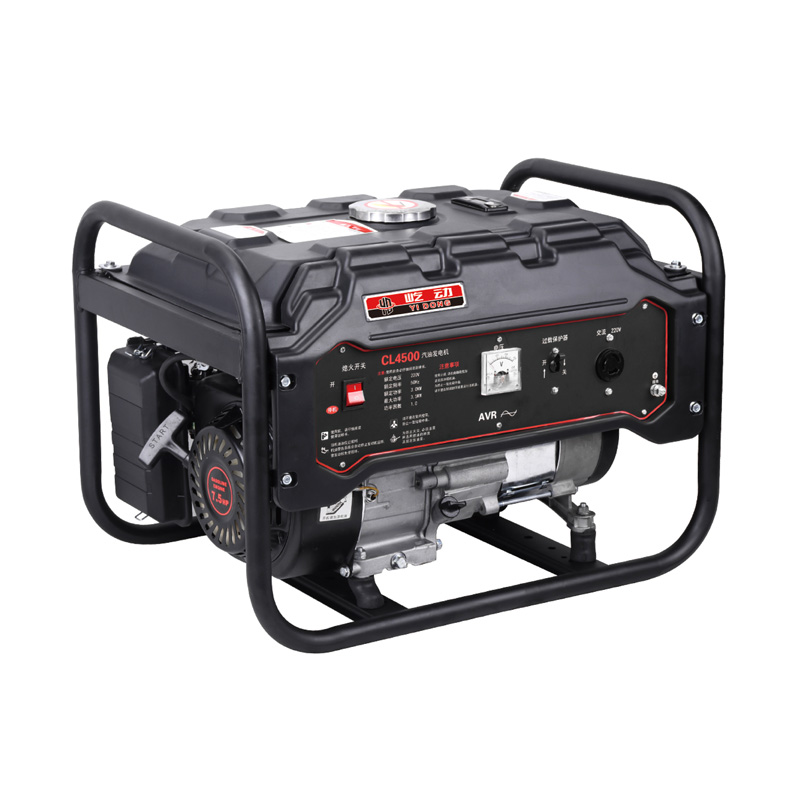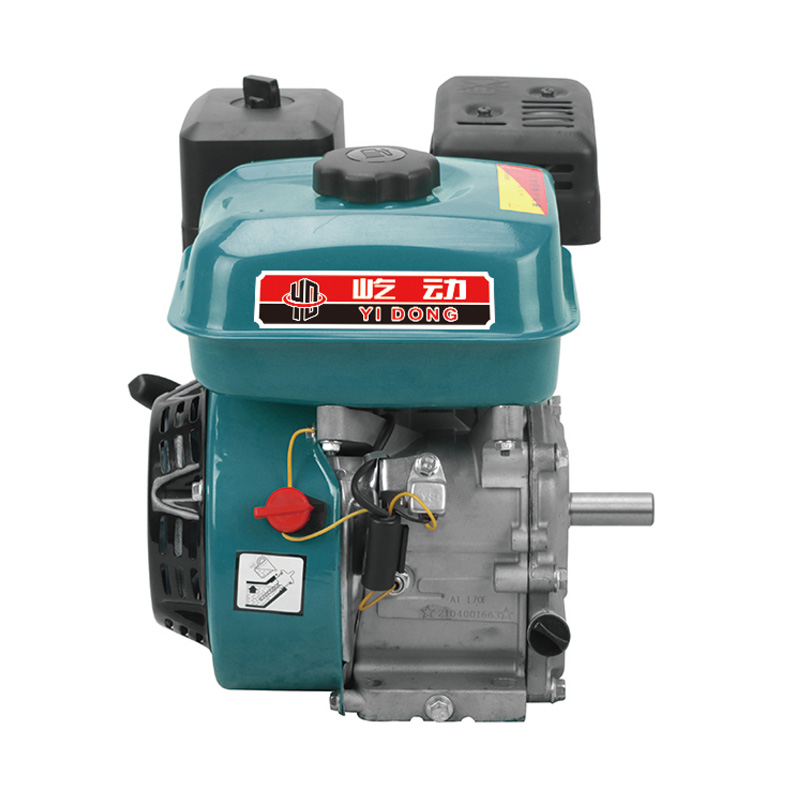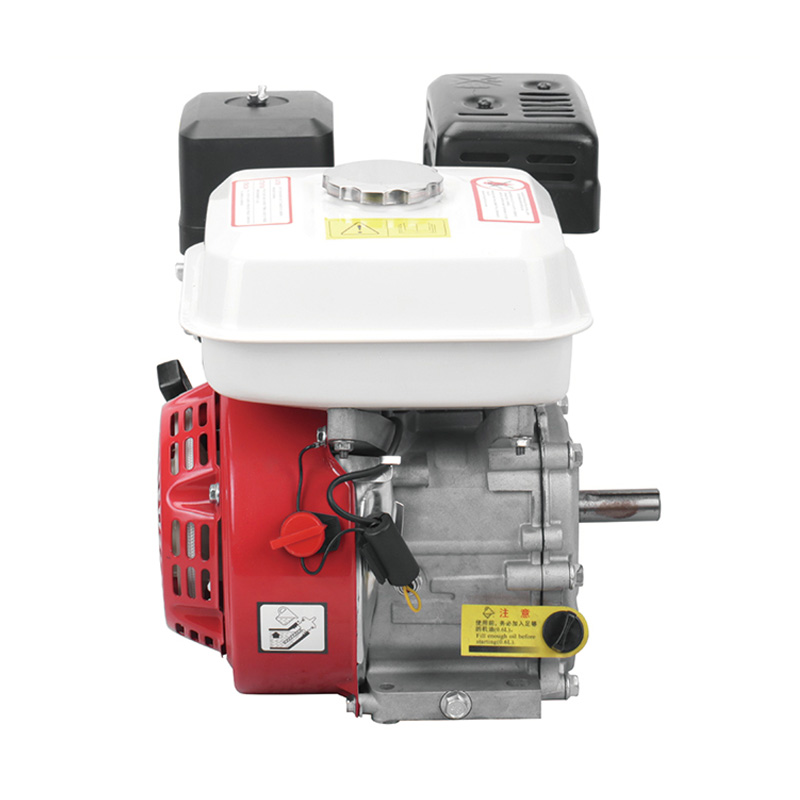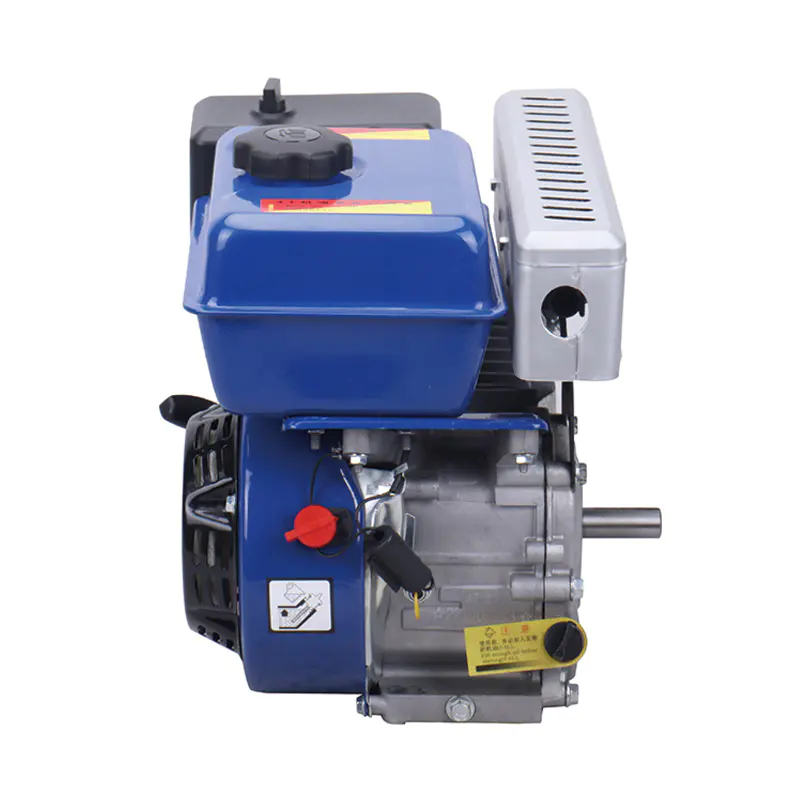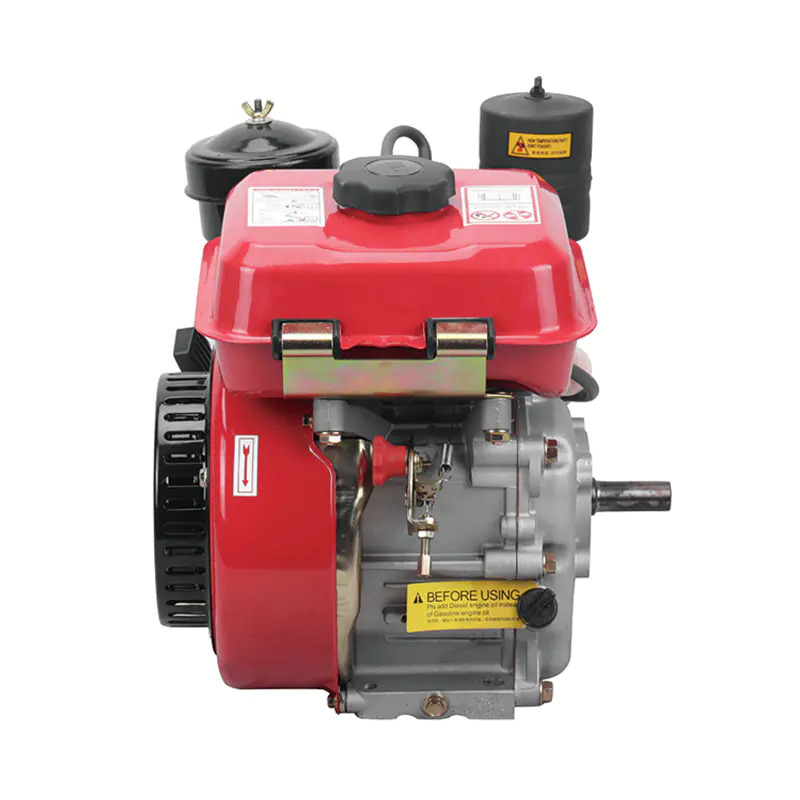I. Introduction to High Pressure Electric Irrigation Water Pumps
High pressure electric irrigation water pumps have become an essential tool in modern agriculture. These pumps provide a reliable and efficient means of delivering water to crops, ensuring consistent irrigation even in areas with variable water supply. Unlike traditional diesel or manual pumps, electric irrigation pumps operate quietly, require less frequent maintenance, and can integrate with automated irrigation systems.
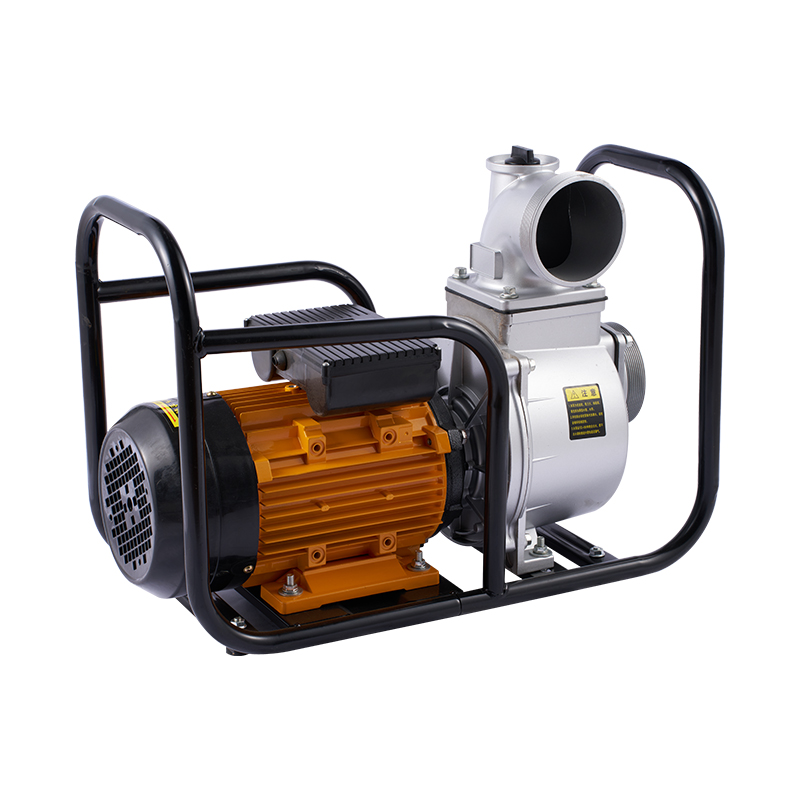
High pressure electric pumps are particularly suitable for large-scale irrigation projects where uniform water distribution is critical. By maintaining consistent pressure across long distances, these pumps ensure that all areas of a field receive adequate water, promoting healthy crop growth and yield. Additionally, electric pumps offer the flexibility to connect with timers, sensors, and smart irrigation controllers, further enhancing efficiency and water conservation.
II. Key Features and Advantages
High pressure electric irrigation pumps are designed to handle significant water volumes at elevated pressure levels, making them highly effective for various irrigation methods such as sprinklers, drip systems, and center pivots.
1. Consistent Water Flow: These pumps provide a stable flow rate, ensuring uniform water application across the field. This consistency helps prevent under- or over-irrigation, which can affect crop quality and soil health.
2. Energy Efficiency: Modern electric pumps are designed with energy-saving motors and optimized impeller designs, which reduce electricity consumption while maintaining high performance. This lowers operational costs and supports environmentally sustainable farming practices.
3. Durability: Many high pressure pumps are made from corrosion-resistant materials, such as stainless steel and reinforced polymers, allowing them to handle water with varying mineral content without performance degradation. Long-lasting components reduce downtime and repair costs.
III. Considerations for Effective Use
While high pressure electric irrigation pumps offer numerous advantages, several factors should be considered to maximize their efficiency and lifespan.
1. Proper Sizing: Selecting a pump that matches the irrigation system’s requirements is essential. Oversized pumps may consume unnecessary energy, while undersized pumps may not deliver adequate water pressure.
2. Installation and Placement: Pumps should be installed in locations with stable electrical connections and accessible for maintenance. Proper installation ensures performance and reduces the risk of mechanical or electrical issues.
3. Water Quality: High pressure pumps perform better with clean water. Particulate matter, debris, or highly mineralized water can affect pump efficiency and increase wear on moving parts. Using filtration systems helps maintain performance.
4. Maintenance Routine: Regular inspection of seals, bearings, and impellers ensures smooth operation and prevents unexpected downtime. Scheduled maintenance improves pump longevity and operational reliability.
IV. Applications and Long-Term Benefits
High pressure electric irrigation pumps are versatile tools with applications beyond standard field irrigation. They are used in greenhouse operations, landscape watering, and hydroponic farming. Their consistent performance supports modern agricultural practices that require precise water delivery, contributing to improved crop quality and yield.
In addition to operational efficiency, these pumps offer economic advantages. Energy-efficient motors and durable materials reduce long-term operating costs. The ability to integrate with smart irrigation systems minimizes water waste and labor requirements, making high pressure electric pumps a sustainable choice for farmers.
The use of high pressure electric pumps also supports environmental sustainability. Reduced energy consumption and precise water delivery help conserve resources and maintain soil health. Over time, these pumps contribute to more efficient agricultural practices, supporting both productivity and responsible resource management.



 English
English русский
русский Français
Français Español
Español عربى
عربى